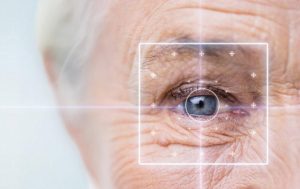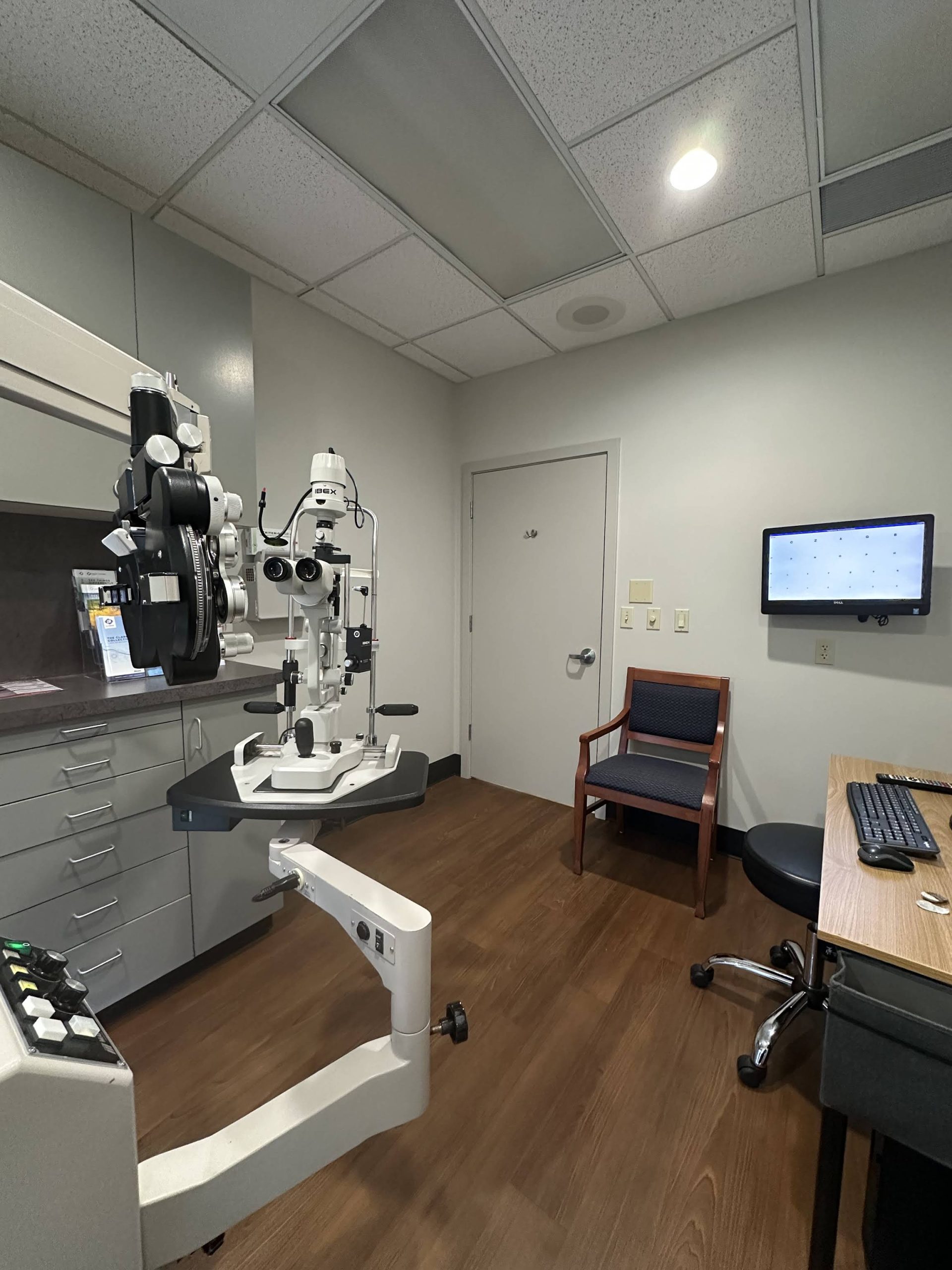 Macular degeneration is a leading cause of vision loss, particularly among older adults. This condition affects the macula, the part of the eye responsible for central vision, making it difficult to read, drive, or recognize faces. For residents of Woodinville, WA, seeking a specialized doctor for macular degeneration is crucial for early detection and effective management of this condition.
Macular degeneration is a leading cause of vision loss, particularly among older adults. This condition affects the macula, the part of the eye responsible for central vision, making it difficult to read, drive, or recognize faces. For residents of Woodinville, WA, seeking a specialized doctor for macular degeneration is crucial for early detection and effective management of this condition.
Understanding Macular Degeneration
Macular degeneration is primarily categorized into two types: dry and wet. The dry form is more common and progresses slowly, while the wet form can lead to rapid vision loss due to abnormal blood vessel growth beneath the retina. This condition affects the macula, the part of the eye responsible for sharp, central vision, making it a critical area for tasks such as reading, driving, and recognizing faces. The exact cause of macular degeneration is still being researched, but it is believed to involve a combination of genetic, environmental, and lifestyle factors that contribute to the deterioration of the macula over time.
Symptoms of Macular Degeneration
Individuals with macular degeneration may experience a variety of symptoms that can significantly impact their quality of life. Early signs often include blurred vision, difficulty seeing in low light, and a gradual loss of central vision. As the disease progresses, straight lines may appear wavy, and dark or empty spots can develop in the center of vision. These symptoms can lead to challenges in daily activities, such as reading, cooking, or even watching television, creating a sense of frustration and helplessness. Furthermore, many people may not notice the gradual changes in their vision until the condition has advanced, underscoring the importance of regular eye examinations for early detection.
Risk Factors
Several risk factors contribute to the likelihood of developing macular degeneration. Age is the most significant factor, with individuals over 50 being at a higher risk. Other factors include genetics, smoking, obesity, and prolonged exposure to sunlight. Understanding these risks can help in taking preventive measures and seeking timely medical advice. Additionally, a diet low in fruits and vegetables, particularly those rich in antioxidants, can increase susceptibility to the disease. Research suggests that nutrients such as lutein and zeaxanthin, found in leafy greens, may play a protective role against macular degeneration. Therefore, incorporating a balanced diet and maintaining a healthy lifestyle can be crucial in mitigating the risks associated with this eye condition.
Finding a Macular Degeneration Specialist in Woodinville
When it comes to managing macular degeneration, finding a qualified specialist is essential. Woodinville offers several options for residents seeking expert care. A macular degeneration doctor will typically have extensive training in ophthalmology and experience in treating retinal diseases. Many of these specialists are affiliated with reputable medical institutions, ensuring that they stay updated on the latest research and advancements in the field. This not only enhances their skills but also provides patients with access to cutting-edge treatment options that can significantly improve their quality of life.
What to Look For in a Specialist
Choosing the right doctor involves considering several factors. Look for a specialist who has a strong background in retinal diseases, particularly macular degeneration. It is also beneficial to find a doctor who utilizes the latest technology for diagnosis and treatment, such as optical coherence tomography (OCT) and fluorescein angiography. Additionally, consider the doctor’s approach to patient care; a specialist who prioritizes patient education and takes the time to explain treatment options can greatly enhance your understanding and comfort level during the treatment process. Reviews and testimonials from other patients can also provide valuable insights into the specialist’s practice and their success in managing similar conditions.
Importance of a Comprehensive Eye Exam
A comprehensive eye exam is crucial for early detection of macular degeneration. During the exam, the doctor will assess vision acuity, check for retinal changes, and may conduct additional tests to determine the extent of the condition. Regular eye exams can help in monitoring any changes and adjusting treatment plans accordingly. Furthermore, these exams can serve as an opportunity for the doctor to discuss lifestyle factors that may impact eye health, such as diet, exercise, and smoking cessation. Engaging in a proactive dialogue about these factors can empower patients to take charge of their health and potentially slow the progression of macular degeneration. It’s also important for patients to understand the different stages of the disease, as this knowledge can help them recognize symptoms and seek timely intervention when necessary.
Treatment Options Available
Treatment for macular degeneration varies based on its type and severity. While there is currently no cure, various options can help manage symptoms and slow disease progression.
Dry Macular Degeneration Treatments
For dry macular degeneration, lifestyle changes play a significant role. Nutritional supplements containing vitamins C and E, zinc, and lutein may help slow progression. Additionally, adopting a healthy diet rich in leafy greens, fish, and nuts can provide essential nutrients for eye health.
Wet Macular Degeneration Treatments
Wet macular degeneration often requires more aggressive treatment. Anti-VEGF injections are commonly used to reduce the growth of abnormal blood vessels. These injections can help stabilize vision and, in some cases, improve it. Photodynamic therapy is another option that involves using a light-sensitive drug and a laser to target and destroy abnormal blood vessels.
The Role of Lifestyle in Managing Macular Degeneration
While medical treatments are vital, lifestyle choices also play a significant role in managing macular degeneration. Adopting a healthier lifestyle can not only improve overall health but also support eye health.
Dietary Considerations
A diet rich in antioxidants can help protect the eyes from oxidative stress. Foods high in omega-3 fatty acids, such as salmon and walnuts, are beneficial for retinal health. Incorporating colorful fruits and vegetables can provide essential vitamins that support vision.
Exercise and Eye Health
Regular physical activity can help maintain a healthy weight and reduce the risk of developing conditions that exacerbate macular degeneration, such as diabetes and hypertension. Activities like walking, swimming, or cycling can improve circulation and overall health, which is beneficial for eye health.
Support and Resources for Patients
Living with macular degeneration can be challenging, but support is available. Numerous organizations provide resources, education, and community support for individuals affected by this condition.
Support Groups
Joining a support group can provide emotional support and practical advice from others facing similar challenges. These groups often share tips on coping strategies, adaptive technologies, and resources for managing daily activities.
Educational Resources
Many organizations offer educational materials about macular degeneration, including brochures, websites, and webinars. These resources can help patients and their families understand the condition better and stay informed about the latest research and treatment options.
Conclusion: Taking Charge of Eye Health
Macular degeneration can be a daunting diagnosis, but with the right support and medical care, individuals can manage their condition effectively. For residents of Woodinville, finding a qualified macular degeneration doctor is the first step toward preserving vision and maintaining quality of life.
Regular eye exams, a healthy lifestyle, and staying informed about treatment options are crucial components of managing this condition. By taking proactive steps and seeking the right care, individuals can navigate the challenges of macular degeneration with confidence.
If you’re in Woodinville and concerned about macular degeneration or any other eye health issues, Overlake EyeCare is here to help. Our commitment to exceptional service ensures you receive the care needed to maintain the best vision possible. Dr. Mary Coday and our team are experts in cataract surgery and intraocular lens technology, offering personalized solutions to meet your unique visual needs. We believe in the importance of regular eye exams, especially if you wear glasses or contacts, to keep your prescription up to date and monitor the health of your eyes. Utilizing advanced Lenstar technology for precise measurements and offering a range of intraocular lenses, we’re dedicated to achieving the best outcomes for our patients. Don’t wait to take charge of your eye health. Contact Us Today to schedule your comprehensive eye examination or to discuss your treatment options with our caring professionals.

